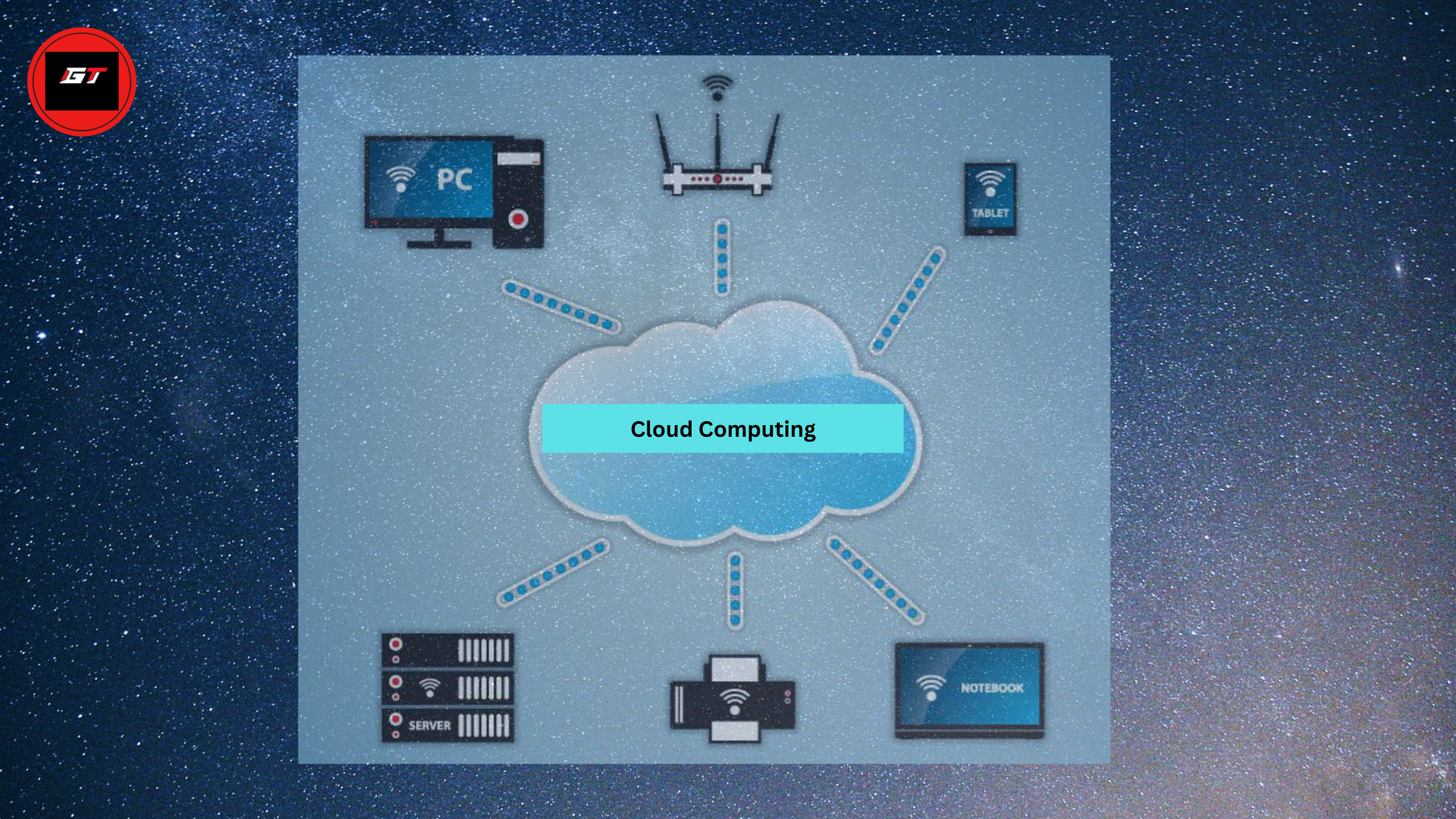
By enabling online access to computing resources and services, cloud computing has completely changed how businesses function in Ghana. In addition to providing scalability, cost-effectiveness, and flexibility, it does away with the requirement for regional infrastructure. Ghanaian companies using cloud computing may grow their resources in response to demand, pay less upfront, operate remotely, and improve cooperation. This technology has gained a lot of traction in Ghana, speeding up digital transformation and enabling firms to stay competitive in the ever-evolving business landscape.
Cloud computing has a number of advantages for Ghanaian enterprises, allowing them to streamline operations and spur expansion. The following are some of the main advantages of cloud computing in Ghana:
Thanks to cloud computing, businesses may adjust their resource allocation in response to demand. Due to their ability to adapt to changing workloads, Ghanaian firms can ensure they have the appropriate computing power and storage capacity without having to make substantial upfront investments.
Using the cloud reduces the need for companies to spend money on expensive on-premises equipment. Instead, users can use pay-as-you-go computing resources, only paying for what they really use.
With the use of cloud computing, workers can access information, programs, and services from any location that has an internet connection. Because of this flexibility, firms in Ghana are able to accept remote work arrangements that let employees work from other places, including their homes. This not only boosts productivity and teamwork but also the work-life balance.
Cloud service providers make significant investments in strong security protocols, encryption, and consistent data backups. Businesses in Ghana can take advantage of the sophisticated security measures put in place by reliable cloud providers by utilizing cloud computing. This helps ensure data integrity and regulatory compliance while defending sensitive data from attacks like data breaches.
Redundancy and disaster recovery features are incorporated into cloud computing. Businesses can swiftly restore their data and restart operations from the cloud in the case of a local system breakdown or natural disaster. Minimizing downtime and ensuring company continuity, lessens the potential effects of unplanned disruptions.
Influencing the technology environment and fostering innovation in the nation. The following noteworthy tendencies should be noted:
Ghanaian companies are utilizing systems that blend public and private clouds more and more. By combining the advantages of both environments, this strategy enables businesses to keep control of sensitive data in private clouds while utilizing the scalability and cost-effectiveness of public cloud services.
As organizations realize the necessity for processing data closer to the source, edge computing is gaining popularity in Ghana. Edge computing, which processes data at the network's edge, enables real-time analysis, lowers latency, and conserves bandwidth as a result of the proliferation of Internet of Things (IoT) devices. Industry sectors like manufacturing, logistics, and smart cities are particularly affected by this trend.
In Ghana, cloud computing is increasingly being used with AI and ML technologies. Businesses may take advantage of intelligent automation, predictive analytics, and data-driven decision-making thanks to cloud platforms, which offer the computational power and storage capacities required to train and deploy AI/ML models.
Businesses are giving cost optimization and governance more attention as cloud services are increasingly being adopted in Ghana. Tools and methods for cloud cost management assist organizations in tracking and maximizing their cloud spending, guaranteeing effective resource utilization, and preventing irrational costs.
To vary their capabilities and prevent vendor lock-in, Ghanaian enterprises are investigating multi-cloud methods that make use of numerous cloud service providers. By using a multi-cloud strategy, businesses can select the finest services from several providers based on their unique needs, increasing flexibility and reducing risks.
In Ghana, cloud computing is essential for ensuring data security. The following are crucial factors to improve cloud data security:
Before putting sensitive data in the cloud, encrypt it. Employ SSL/TLS and encryption-at-rest for data transport and storage, respectively. This makes sure that data is secure even if someone gets access to it without authorization.
To limit access to sensitive data, use robust access controls and authentication procedures. Use role-based access control (RBAC), multi-factor authentication (MFA), and granular permission settings to limit who has access to and can edit data.
To prevent unintentional deletions, corrupted data, or system failures, make regular backups of your data. Make sure backups are securely stored, and frequently test restoration procedures to confirm their efficacy.
Put in place effective monitoring and auditing procedures to keep tabs on and identify any unauthorized access attempts or suspicious activity. To find potential security threats and breaches, monitoring solutions can include real-time warnings, log analysis, and ongoing security monitoring.
Use DLP solutions to find and stop the sharing or transfer of sensitive data that isn't authorized. Implement systems and rules that track data movement and guard against data leaks, breaches, and unauthorized transfers.
Cloud computing has completely changed how businesses operate in Ghana by allowing for scalability, cost-effectiveness, and flexibility. Businesses in Ghana may use cloud technology to stimulate growth and innovation thanks to regional cloud computing providers, smooth migration procedures, and dependable storage options. To protect sensitive data on the cloud, it is essential to implement strong data security procedures. Ghanaian firms may succeed in the digital age and maintain their competitiveness by using cloud computing.